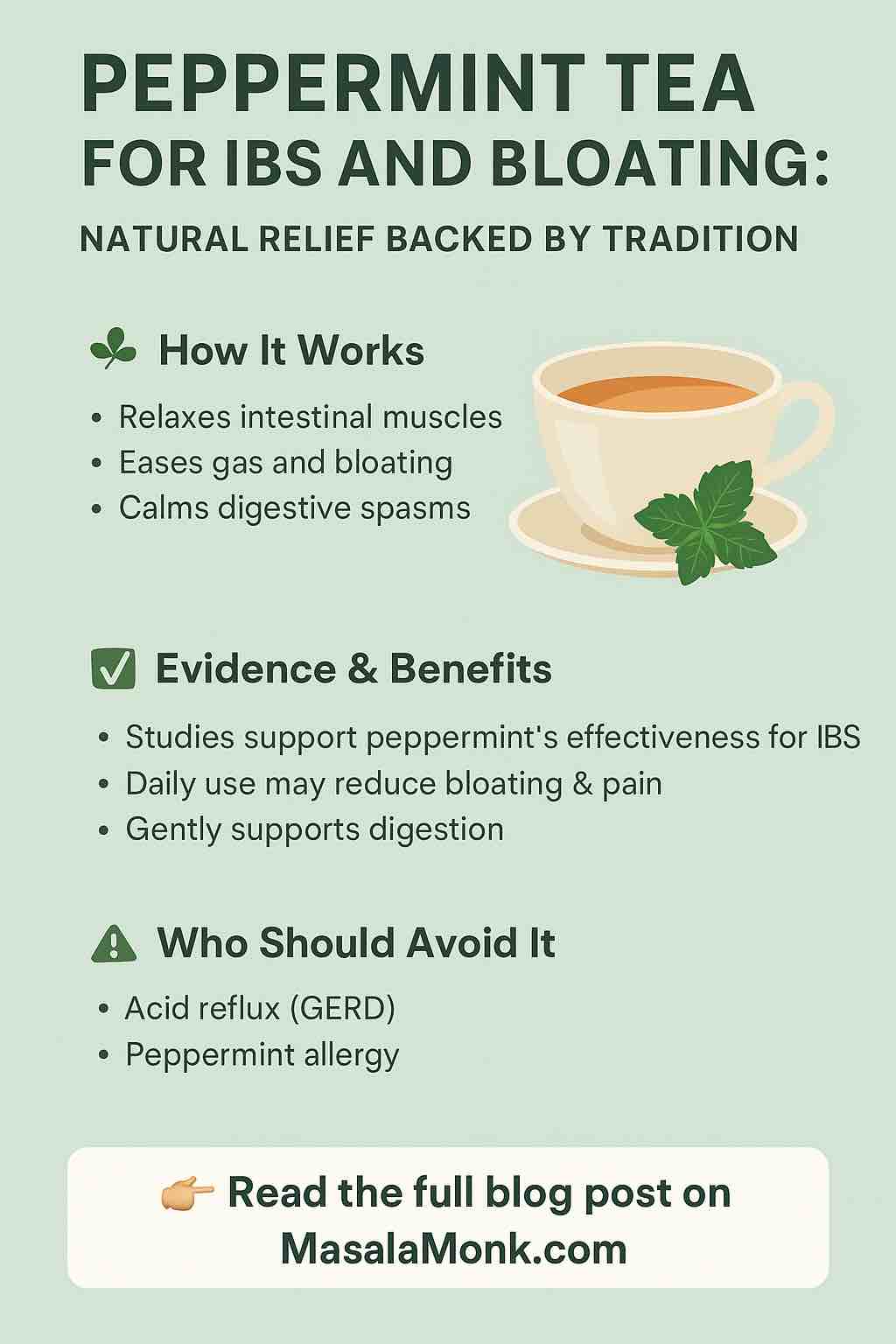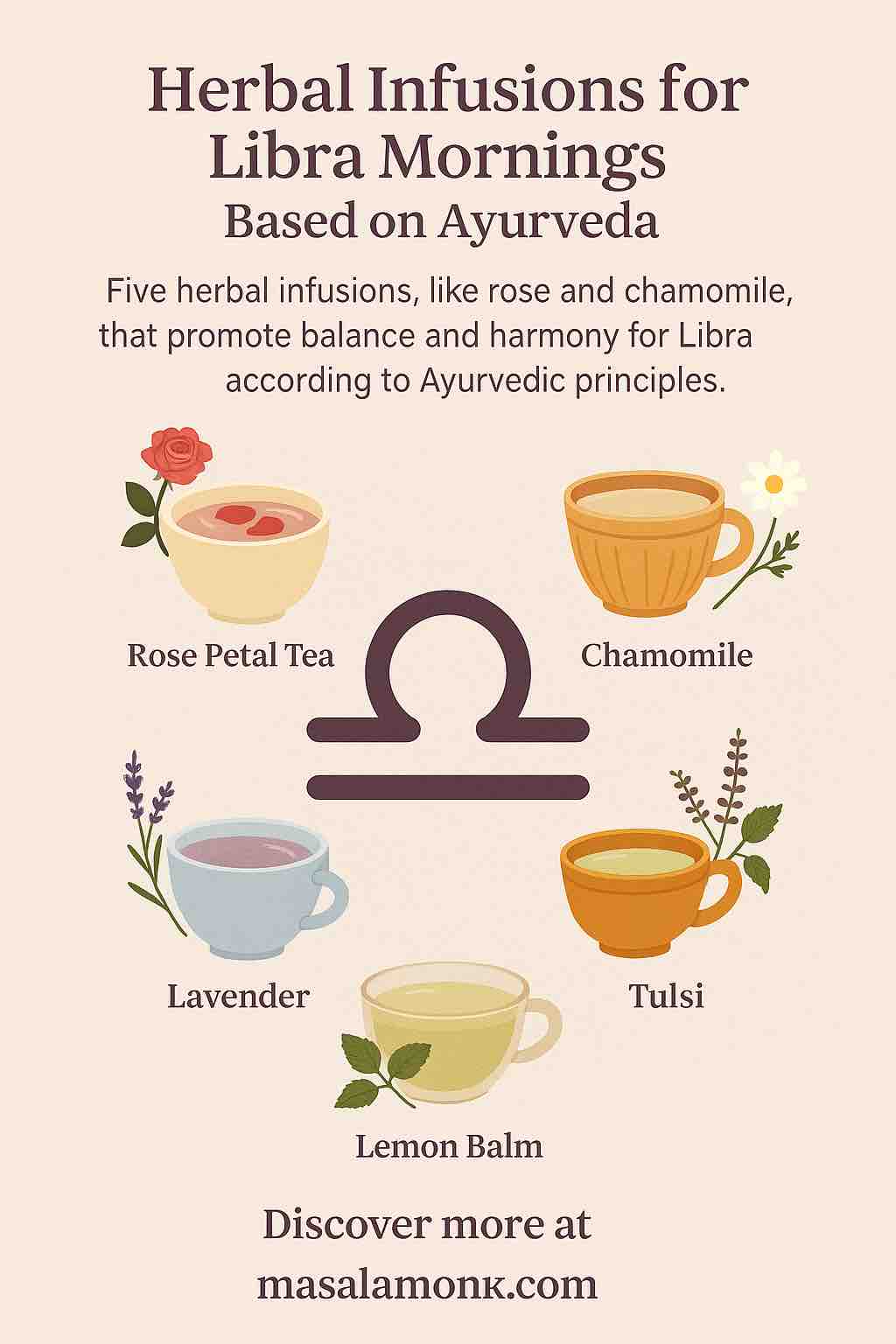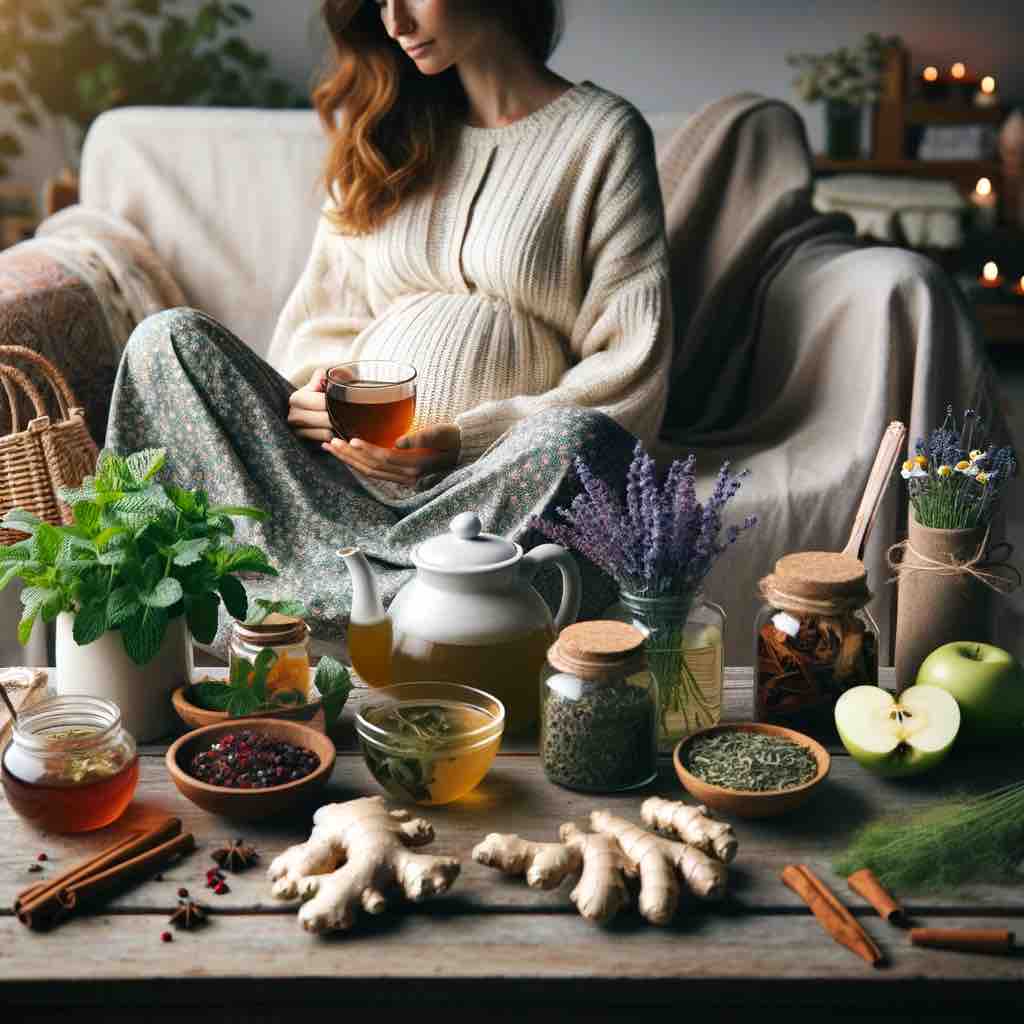
Chest congestion can leave you feeling miserable, making it hard to breathe, sleep, and even speak. Whether it’s caused by a common cold, flu, allergies, or a respiratory infection, mucus and phlegm accumulation in your chest can be extremely uncomfortable. Fortunately, there are several natural remedies that can help alleviate chest congestion quickly and effectively without the need for harsh chemicals or medications.
In this blog post, we’ll explore a variety of natural remedies for chest congestion that you can easily implement at home. From time-tested herbal teas to simple lifestyle adjustments, these methods will provide relief and help you breathe easier.
What Causes Chest Congestion?
Before diving into the remedies, it’s important to understand why chest congestion occurs. This condition happens when the mucus in your chest thickens, usually due to inflammation caused by an infection (such as a cold or flu), allergies, or irritants like smoke or pollution. The body produces extra mucus to fight off bacteria, viruses, or allergens, leading to a feeling of heaviness in the chest and difficulty breathing.
The good news is that chest congestion doesn’t have to last long, and natural remedies can make a big difference in relieving your symptoms.
1. Steam Therapy: The Oldest Trick in the Book
Inhaling steam is one of the oldest and most effective natural remedies for clearing chest congestion. The warm, moist air loosens the mucus in your chest, making it easier to cough up.
How to Do It:
- Boil a pot of water and pour it into a large bowl.
- Drape a towel over your head to trap the steam and lean over the bowl.
- Breathe deeply through your nose for 10-15 minutes, taking breaks as needed.
For an extra boost, you can add a few drops of eucalyptus oil or peppermint oil to the water. These oils are known for their decongestant properties and can help open up your airways. Just make sure to avoid getting too close to the hot steam to prevent burns.
Reddit User Tip: One Reddit user shared that adding essential oils like eucalyptus and peppermint to steam helped open up their airways significantly, making the experience more soothing and effective .
2. Honey and Lemon: A Sweet Remedy
Honey is a natural antibacterial and soothing agent that can calm your throat, while lemon helps cut through mucus and supports your immune system. Together, they form a powerful duo for easing chest congestion.
How to Use It:
- Mix one tablespoon of honey with the juice of half a lemon.
- Add warm water and stir until dissolved.
- Drink this mixture 2-3 times a day for relief.
Reddit Community Insight: Many users on Reddit recommend this combination, especially in the cold months when colds and coughs are prevalent. The addition of ginger in this concoction can help further reduce inflammation and promote faster recovery .
3. Stay Hydrated: The Key to Thin Mucus
One of the simplest and most effective ways to alleviate chest congestion is by staying hydrated. Water, herbal teas, and broths all play a role in thinning mucus, making it easier to expel. Dehydration can actually make mucus thicker, leading to further congestion, so drinking fluids is crucial for faster recovery.
What to Drink:
- Herbal teas like ginger, peppermint, or thyme are excellent choices. Ginger is particularly helpful as it has anti-inflammatory properties.
- Warm broths can provide comfort and help loosen mucus in your chest.
- Plain water is always your best option, so try to sip it regularly throughout the day.
TikTok Tip: Many TikTok users recommend adding honey and a pinch of cayenne pepper to hot water as a spicy way to loosen mucus and boost circulation .
4. Saltwater Gargle: A Simple Yet Effective Solution
Gargling with warm salt water is an age-old remedy for soothing sore throats and clearing mucus from the chest. Salt has natural antibacterial properties, and the warm water helps loosen the mucus in your throat.
How to Do It:
- Mix 1/2 teaspoon of salt into a cup of warm water.
- Gargle the solution for 30 seconds, making sure it reaches the back of your throat.
- Repeat every few hours as needed.
The saltwater will help reduce inflammation and kill any bacteria that may be contributing to your congestion.
5. Apple Cider Vinegar: A Detox for Your Chest
Apple cider vinegar (ACV) is known for its natural cleansing properties, and it can help balance your body’s pH levels, reduce mucus production, and break down mucus in your chest. It also has antimicrobial properties, which can help prevent further infection.
How to Use It:
- Mix 1-2 tablespoons of ACV into a glass of warm water.
- Drink this mixture once or twice a day to help clear chest congestion.
Some people also use ACV as a gargle or add it to their herbal teas for added benefits.
TikTok Tip: Users on TikTok have recommended adding honey to your ACV drink for added soothing properties and to help with the taste .
6. Herbal Teas: A Warm Hug for Your Chest
Herbal teas have been used for centuries to treat various ailments, including chest congestion. The warmth of the tea helps loosen mucus, while herbs like thyme, ginger, and peppermint offer additional benefits.
Effective Herbal Teas for Chest Congestion:
- Thyme tea: Thyme has been shown to help with respiratory issues, including chest congestion. It has expectorant properties, meaning it can help loosen and expel mucus.
- Ginger tea: Ginger’s anti-inflammatory properties can help reduce swelling in the airways, making it easier to breathe.
- Peppermint tea: Peppermint is naturally soothing and helps open up the airways, making it easier to clear mucus from the chest.
To make the tea, simply steep the herbs in hot water for 5-10 minutes, and enjoy 2-3 times a day.
Reddit User Tip: Many users on Reddit recommend thyme tea for clearing mucus. One user noted that it had worked wonders in clearing up a stubborn cough .
7. Warm Compress: Soothing Your Chest
Applying a warm compress to your chest can help soothe inflammation and loosen mucus. The heat helps relax the muscles and opens up the airways, allowing for better airflow and easier mucus expulsion.
How to Use It:
- Soak a towel in warm water, wring out the excess, and apply it to your chest.
- Leave the compress on for 10-15 minutes, and repeat as needed.
You can also use a heating pad set on low for a hands-free alternative.
8. Chest Percussion: Shake Up the Mucus
Chest physical therapy (CPT), including gentle tapping on the back, is recommended to help loosen mucus. This is often done by a healthcare professional, but you can also try it yourself at home with the help of a partner.
How to Do It:
- Lie down with your chest slightly elevated and have a friend or family member gently tap on your back or chest with their hands.
- Take deep breaths between taps and cough to help expel the loosened mucus.
Reddit User Tip: Some Reddit users recommend using a vibrating chest percussion device for more consistent results, especially if you don’t have someone to assist you .
9. Elevate Your Head While Sleeping
When you lie flat, mucus can pool in your chest, making it harder to breathe. Elevating your head while you sleep can help prevent this, allowing mucus to drain more effectively.
How to Do It:
- Use extra pillows to prop up your head and chest while you sleep.
- Make sure to keep your head elevated at a 45-degree angle to facilitate mucus drainage.
This simple adjustment can make a big difference in how well you breathe while you sleep.
10. Eucalyptus and Peppermint Essential Oils
Essential oils like eucalyptus and peppermint are commonly used to relieve chest congestion. They contain compounds like menthol and eucalyptol, which help open up airways and reduce inflammation. Inhaling these oils can help clear mucus and ease your breathing.
How to Use It:
- Steam Inhalation: Add a few drops of eucalyptus or peppermint oil to hot water and inhale the steam.
- Chest Rub: Mix a few drops of essential oil with a carrier oil (such as coconut or olive oil) and rub it gently on your chest.
TikTok Recommendation: Several TikTok users swear by Vicks VapoRub or peppermint oil for quick relief during severe chest congestion. They recommend applying it directly to your chest and then covering it with a warm blanket to help the oils penetrate more effectively .
Conclusion: Breathe Easy with Natural Remedies
Chest congestion can be a nuisance, but with these natural remedies, you can find fast relief and get back to feeling like yourself. Whether you’re sipping soothing herbal teas, inhaling steam, or using essential oils, these practical tips are simple to implement and can make a big difference in your comfort.
Remember to stay hydrated, rest, and avoid irritants while your body heals. If your congestion persists for more than a week or worsens, don’t hesitate to consult a healthcare professional for further guidance.
By incorporating these natural remedies into your routine, you’ll be able to clear chest congestion and breathe easier in no time.
10 FAQs About Getting Rid of Chest Congestion Naturally
1. What are the most effective natural remedies for chest congestion?
The most effective natural remedies include steam therapy, honey and lemon, herbal teas (ginger, thyme, peppermint), saltwater gargles, apple cider vinegar, and essential oils like eucalyptus and peppermint. Staying hydrated and using a warm compress can also help.
2. How does steam therapy help with chest congestion?
Steam therapy helps by loosening the mucus in your chest, making it easier to expel. The warm, moist air opens up your airways and provides immediate relief from the heaviness and discomfort of congestion.
3. Can honey and lemon really help clear chest congestion?
Yes! Honey has antibacterial and soothing properties, while lemon helps break down mucus. Together, they create a powerful remedy to ease throat irritation and support the immune system in fighting off infections that cause chest congestion.
4. How often should I drink honey and lemon water for chest congestion?
You can drink honey and lemon water 2-3 times a day. It’s best to consume it warm, especially before bed, to help soothe the throat and promote mucus expulsion while you sleep.
5. Is it safe to use apple cider vinegar for chest congestion?
Apple cider vinegar is safe when diluted with water, but it’s important to consume it in moderation. The acidic nature of ACV can help break down mucus and balance the body’s pH, which may help reduce mucus production.
6. How do I make thyme tea for chest congestion?
To make thyme tea, steep 1-2 teaspoons of dried thyme leaves in hot water for 5-10 minutes. Drink it 2-3 times a day. Thyme is known for its expectorant properties, which help loosen mucus and make it easier to expel.
7. Can essential oils like eucalyptus really help relieve chest congestion?
Yes, eucalyptus oil is a natural decongestant that can help open up your airways and make breathing easier. Add a few drops of eucalyptus or peppermint oil to hot water and inhale the steam, or apply diluted oil to your chest for relief.
8. How does staying hydrated help with chest congestion?
Staying hydrated thins the mucus in your chest, making it easier to clear. Drinking warm fluids, such as herbal teas or broths, can also provide comfort and help loosen mucus that may be stuck in the chest.
9. Is it necessary to avoid dairy when I have chest congestion?
Many people find that dairy products increase mucus production, which can make chest congestion worse. If you notice that dairy seems to exacerbate your symptoms, consider avoiding it while you’re congested.
10. How long does it take for these natural remedies to work?
The time it takes to experience relief can vary based on the severity of the congestion and how consistently you use the remedies. Typically, you may start feeling better within a few hours to a couple of days. However, if symptoms persist or worsen, consult a healthcare provider.













